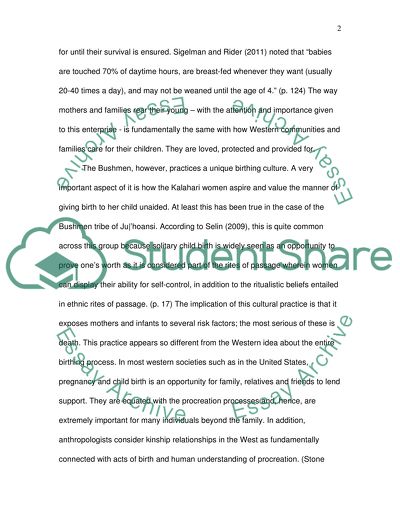Cite this document
(“Culture Aspect of Childbirth and Parenting Essay”, n.d.)
Culture Aspect of Childbirth and Parenting Essay. Retrieved from https://studentshare.org/nursing/1432117-culture-aspect-of-childbirth-and-parenting
Culture Aspect of Childbirth and Parenting Essay. Retrieved from https://studentshare.org/nursing/1432117-culture-aspect-of-childbirth-and-parenting
(Culture Aspect of Childbirth and Parenting Essay)
Culture Aspect of Childbirth and Parenting Essay. https://studentshare.org/nursing/1432117-culture-aspect-of-childbirth-and-parenting.
Culture Aspect of Childbirth and Parenting Essay. https://studentshare.org/nursing/1432117-culture-aspect-of-childbirth-and-parenting.
“Culture Aspect of Childbirth and Parenting Essay”, n.d. https://studentshare.org/nursing/1432117-culture-aspect-of-childbirth-and-parenting.


